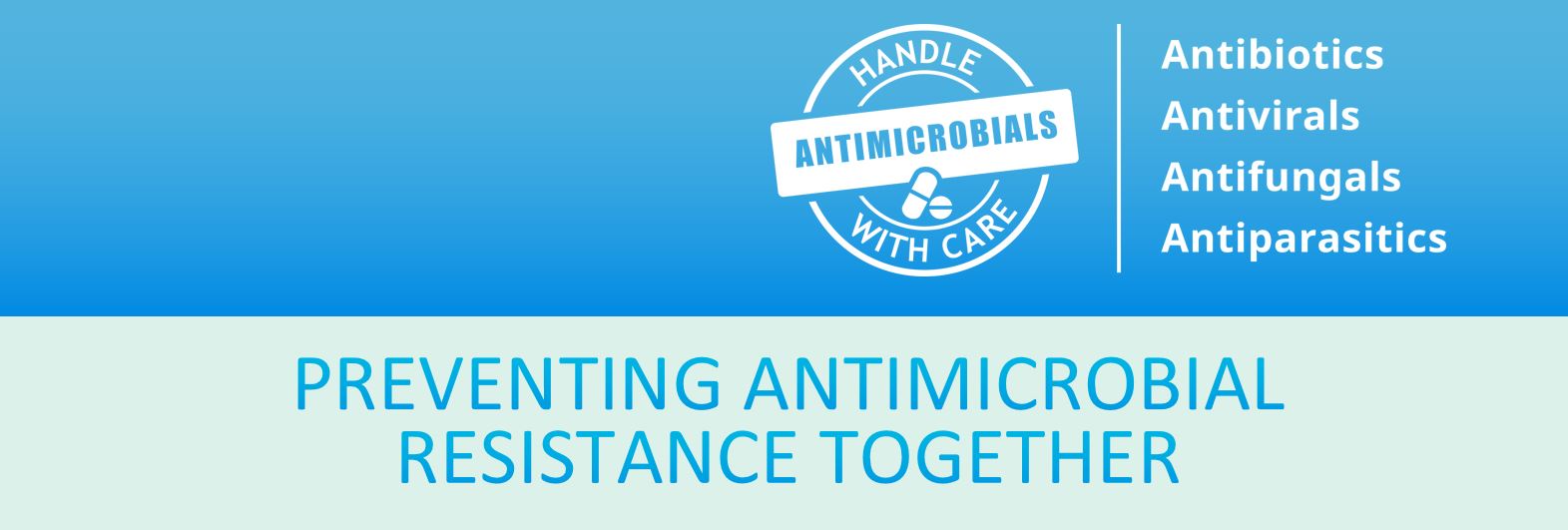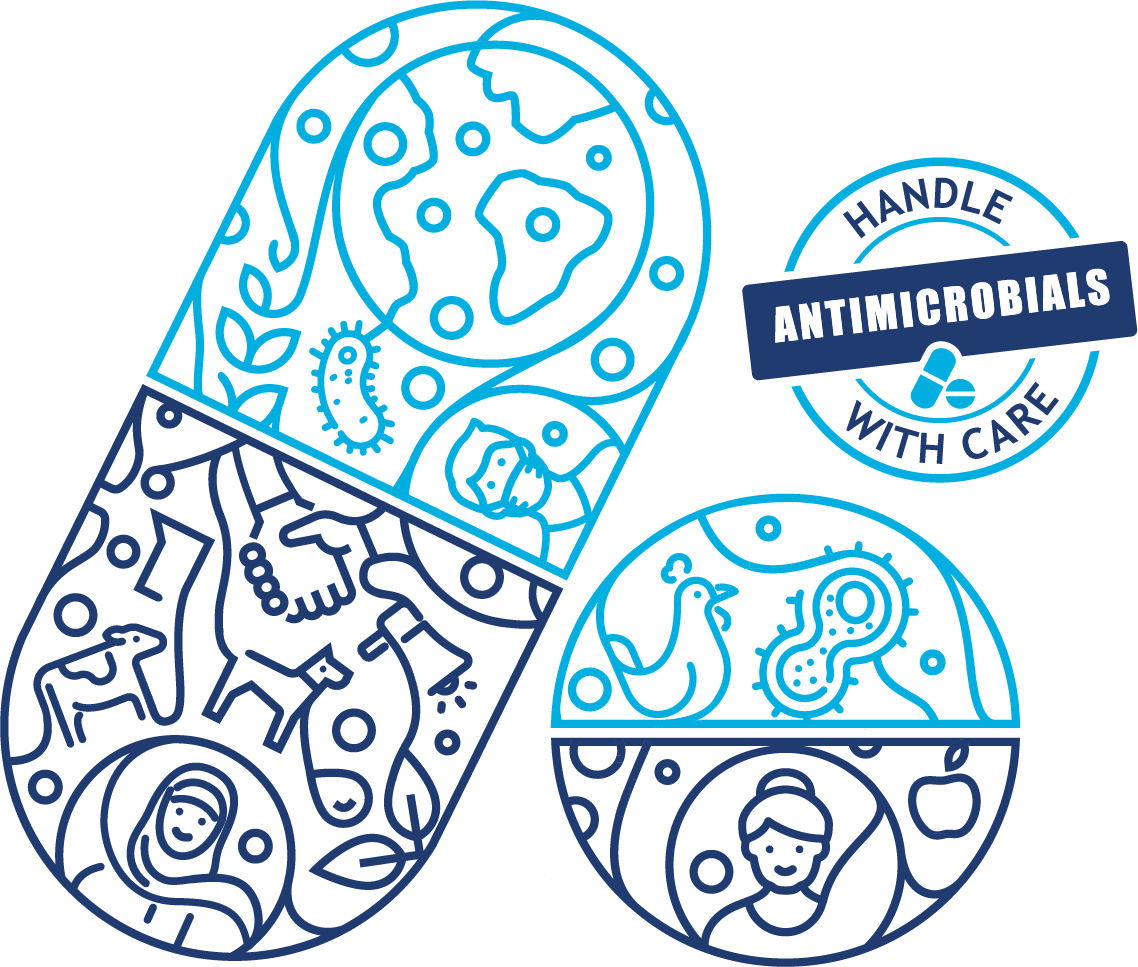Antibiotics are one of the greatest discoveries of the last century. They have saved millions of lives from life-threatening infections and complications of infective disease. But this panacea has now become a threat to the global population.
I am a newly qualified GP in Bradford, West Yorkshire, and have provided clinical support to the LAMP team over the last few years. I help to develop the content of the bimonthly feedback reports; this contains comparative general practice antibiotic prescribing data, as well as evidence synthesis and actions plans. As a clinician, I am also in receipt of the feedback reports, and see first-hand the impact of the campaign on antimicrobial stewardship within my practice.
I have learnt that feedback works when it is repeated, as a constant reminder especially when the challenges and work pressures are continually changing. We are used to the seasonality of certain infections, but as an aftermath of the Covid-19 pandemic and national lockdowns we are still seeing ‘out of season’ infections, accompanied by the demand and expectation for antibiotic treatment. I see antibiotics being used for reassurance, to negate uncertainty, as preventative measures, and simply as a response to patient demand. We are all guilty of taking these short-cuts at some point. But this does more harm than good. It is our responsibility to recognise and act upon this. As clinicians we have moved away from the paternalist consultation, and a huge part of our patient interaction encompasses shared decision-making. This makes it even more important to educate patients about the dangers of inappropriate antibiotic prescribing.
I am aware that antibiotic prescribing has so many external influences: patient demographics; social deprivation; access to services; GP workforce pressures; rate of acute consultations; and the list continues. This is why temporal data is useful where we can compare our antibiotic prescribing rates to previous months. The Primary Care Network (PCN) comparisons are useful as they usually cover a similar patient population. Where antibiotic prescribing has reduced, we have congratulated the team. Where it has increased, we have had practice meetings to discuss the possible contributing factors, to educate staff, and to signpost to effective tools for antimicrobial stewardship. We have conducted internal audits, including clinicians evaluating their individual prescribing and sharing this with the team anonymously.
Every single antibiotic prescription, by each individual prescriber, adds to the global threat of antibiotic resistance. We need the reminder to realise how precious antibiotics are, and how they must be used scarcely to maintain their efficacy.



